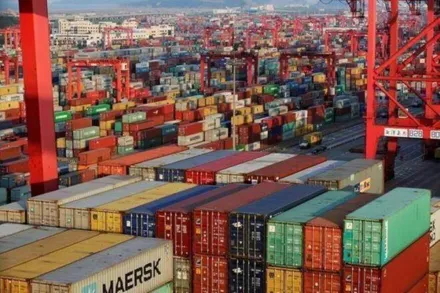- Courses
- GS Full Course 1 Year
- GS Full Course 2 Year
- GS Full Course 3 Year
- GS Full Course Till Selection
- Answer Alpha: Mains 2025 Mentorship
- MEP (Mains Enrichment Programme) Data, Facts
- Essay Target – 150+ Marks
- Online Program
- GS Recorded Course
- Polity
- Geography
- Economy
- Ancient, Medieval and Art & Culture AMAC
- Modern India, Post Independence & World History
- Environment
- Governance
- Science & Technology
- International Relations and Internal Security
- Disaster Management
- Ethics
- NCERT Current Affairs
- Indian Society and Social Issue
- NCERT- Science and Technology
- NCERT - Geography
- NCERT - Ancient History
- NCERT- World History
- NCERT Modern History
- CSAT
- 5 LAYERED ARJUNA Mentorship
- Public Administration Optional
- ABOUT US
- OUR TOPPERS
- TEST SERIES
- FREE STUDY MATERIAL
- VIDEOS
- CONTACT US
Can a Chief Minister Serve While in Jail?
Can a Chief Minister Serve While in Jail?
The arrest of Delhi Chief Minister Arvind Kejriwal has raised questions over his ability to continue performing his role while in judicial custody.
Legal and Constitutional Considerations:
- Immunity for President and Governors: According to Article 361 of the Indian Constitution, the President and governors enjoy immunity from civil and criminal proceedings during their terms. However, this protection does not extend to prime ministers and chief ministers.
- No Constitutional Bar to Continuing as CM: Constitutional experts state that there are no constitutional or legal provisions that prevent Kejriwal from continuing as Chief Minister while in jail. He can only lose his position if:
a. He loses the majority in the Legislative Assembly
b. His party asks him to step down
c. He resigns from his position
Disqualification Requires Conviction:
According to Section 8 of the Representation of the People Act, 1951, conviction is a pre-condition for disqualification from holding public office. Since Kejriwal has not been convicted, he can legally continue in office.
Practical Challenges:
Difficulty in Governing from Prison: Governing from prison presents practical challenges. Kejriwal will have to lead cabinet meetings, consult with colleagues and review minutes for approval. However, being in prison would subject him to prison rules, making it difficult to perform these tasks effectively.
Case Law Precedent:
Manoj Narula versus Union of India: In the case of Manoj Narula v. Union of India, the Supreme Court emphasized the importance of constitutional morality, good governance and constitutional trust in holding public office. The decision suggests that ethical considerations may play a role in determining whether Kejriwal can remain chief minister while in jail.
Conclusion:
The legal and practical implications of Arvind Kejriwal's arrest and subsequent judicial custody need to be carefully considered. Although there are no constitutional or legal provisions that explicitly bar him from remaining chief minister, the practical challenges of governing from prison and principles of constitutional morality may influence the decision.



